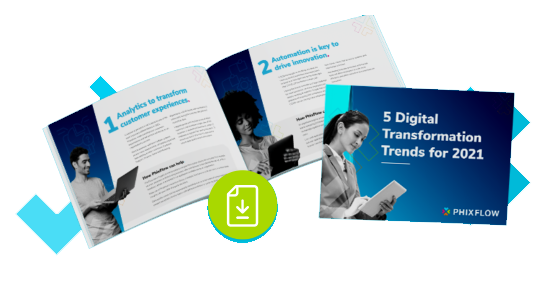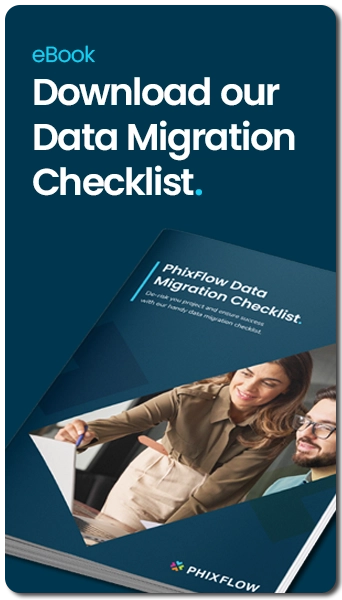Replace spreadsheets and manual processes
Spreadsheets are often used when an organisation is unable to find an application tailored to their particular needs. Find out how to quickly replace spreadsheets and manual processes with fully functioning, secure, low-code applications.
We’ve all heard a lot about excel in the past couple of weeks – and not just from Bob in finance. Nearly 16,000 coronavirus cases went unreported in England, due to them having been incorrectly stored in an excel spreadsheet. Unfortunately, it is not the first time excel has led to disastrous consequences.
In 2012 JP Morgan Chase’s London Whale saw excel flaws lead to more than $6 billion in losses. That’s right. SIX BILLION DOLLARS!
Excel is used across industries and is found in almost all businesses. Often used when a person or department needs a quick fix and there isn’t an application, or system, set up for that specific function. These spreadsheets then become integral to the business and as it grows, the spreadsheets grow with them.
They seem like the easiest option, until something catastrophic happens. However, there are much better options, such as low code application development platforms, that can replace your spreadsheets and automate your manual processes. Here we will discuss some of the benefits of doing so.
Avoid inaccuracies
Manual data entry is prone to errors. All it takes it one slip and suddenly the data is drastically different. That’s exactly what happened in the London Olympics. They oversold the swimming event by 10,000 tickets. The person responsible for manually inputting the figures hit ‘2’ instead of ‘1’. This led the spreadsheet to show, instead of the actual 10,000 tickets they had available, 20,000 tickets. Ten thousand unhappy customers left in its wake from one tiny digit.
Such problems can be avoided by automating data entry. Not only can you automate data entry, but you can ensure that the data is automatically checked and corrected. In the few exceptions where the application cannot correct it for you, it will automatically flag it for manual intervention, before 10,000 non-existent tickets are sold.
Volumes of data
Excel spreadsheets have limited capacity. This can be compacted by accidentally using the wrong version of excel, as was seen in PHE’s deadly spreadsheet error.
When you first use excel, this smaller capacity may be all you need. However, as your business grows suddenly the data cannot be contained in a single spreadsheet. Before you know it, you have multiple spreadsheets holding untold amounts of critical business data.
PhixFlow is able to hold huge amounts of data within a single application, unifying your data. Not only can your data be held together in one place, but you can also easily perform complex analytics on it with just the push of a button.
Free Guide Download our free guide to learn the top 5 digital transformation trends for 2021
5 DX Trends Download

Scalable
As your volumes of data grow, so too will your requirements for what you do with that data. More reports will be needed and different forms of analytics.
Rather than having to create new spreadsheets, or even new applications, Low-code application development platforms enable you to make changes easily and quickly to your processes as and when needed.
Security
The data within your spreadsheets could be vulnerable to malware and attacks. A research team found that vulnerability within Excel could put 120 million users at risk.1
Furthermore, having multiple spreadsheets containing the same data makes it is easier to lose track of where data is, or who has access to it. Not being able to update access easily and automatically can lead to people not being able to access the data when they need to or being able to access it when they should not.
There may be sensitive parts to your data, which need to be hidden from those who should not have access, but that may be contained with a spreadsheet which others in the department also need. For example, there may be a subsection of customers who are particularly vulnerable and so their data needs additional levels of security.
Storing data in a low-code application, such as PhixFlow, means that different levels of access can easily be applied to certain aspects of your data and this can be updated at a moment’s notice. Full audits of the data also add an extra level of security, so you can see who has accessed the data and record any changes they may have made.
Turning your spreadsheets into applications
Often spreadsheets are used because an organisation is unable to find an application specifically tailored to their particular needs. However, the PhixFlow platform can turn your spreadsheets into fully functioning applications with great speed. These applications are built to your exact requirements, fully tailored to your specific processes.
For more information, on how PhixFlow can replace spreadsheets in your business please request a demo here.
